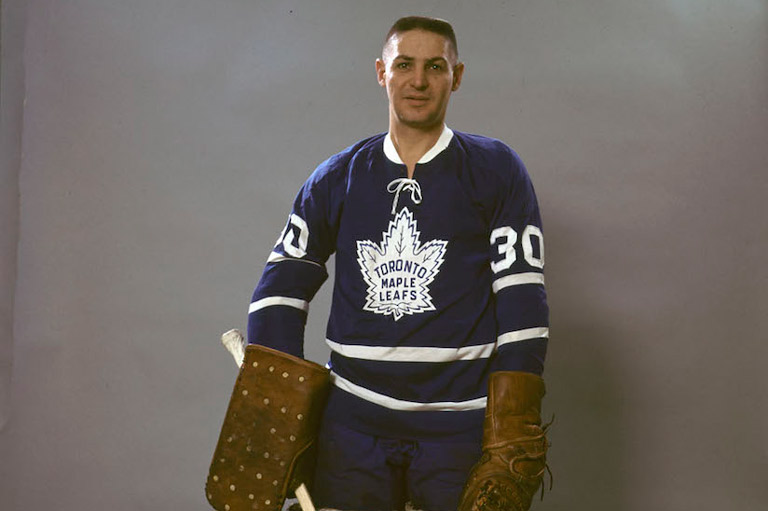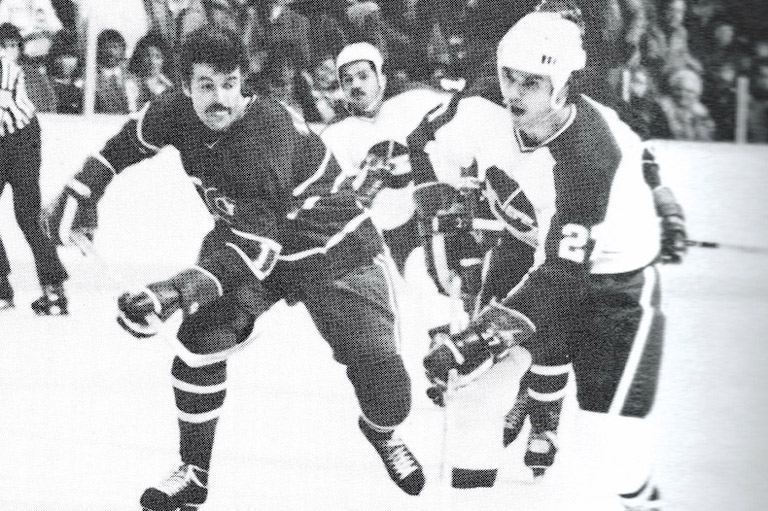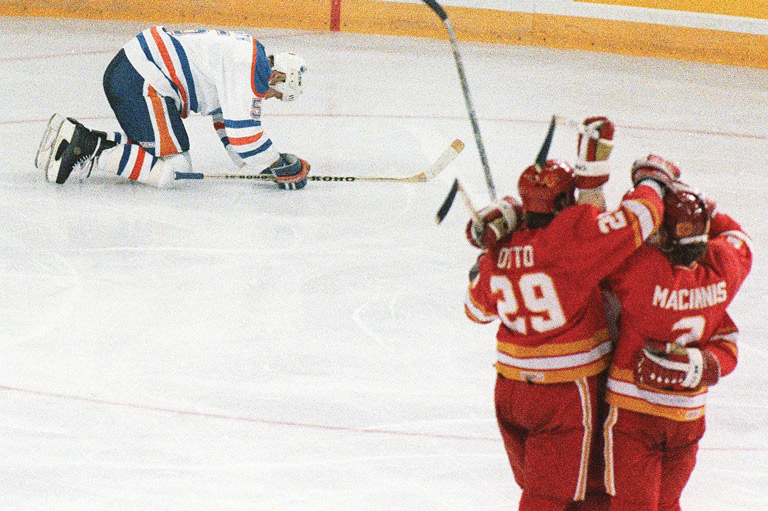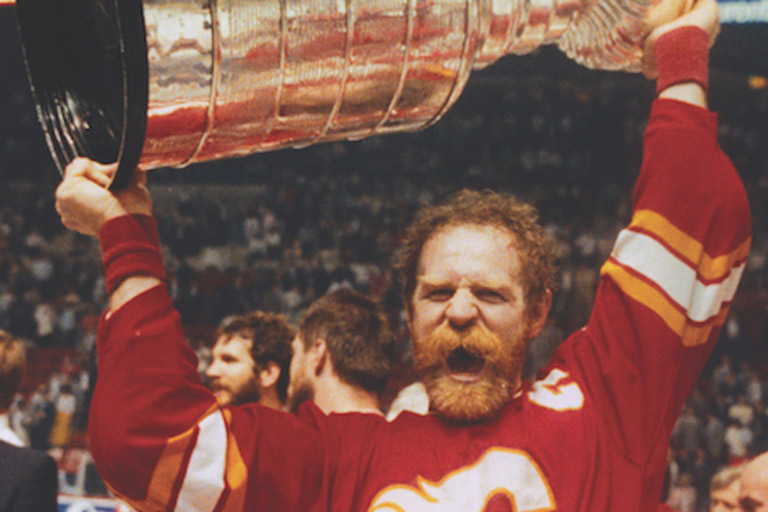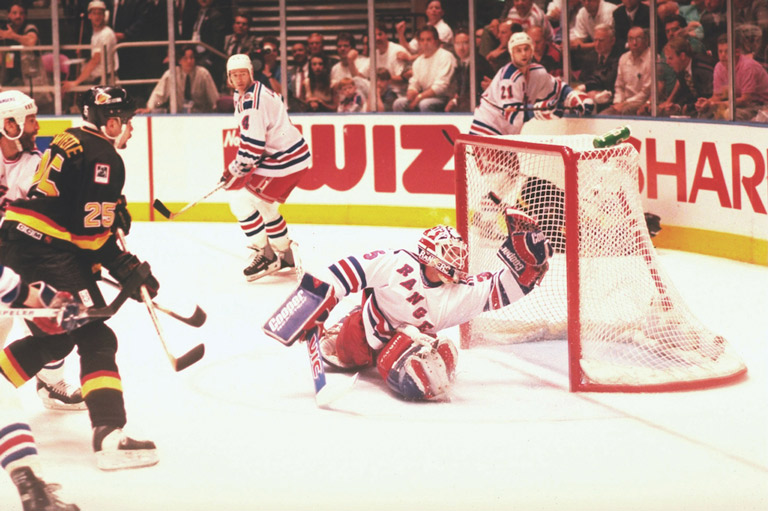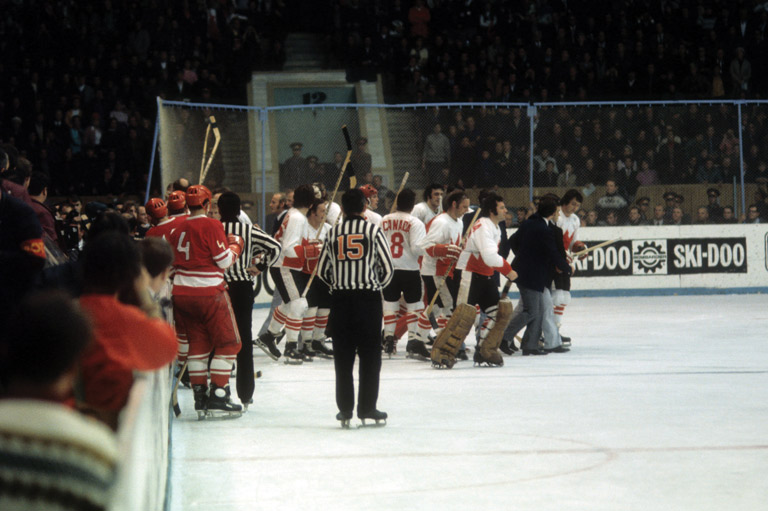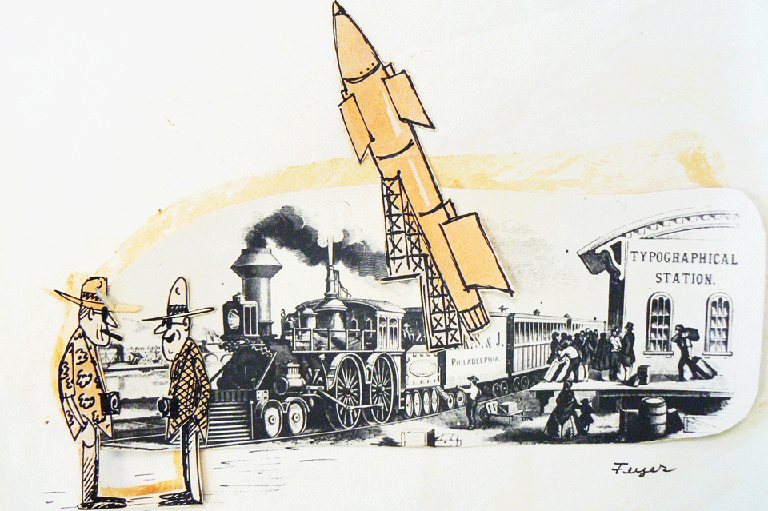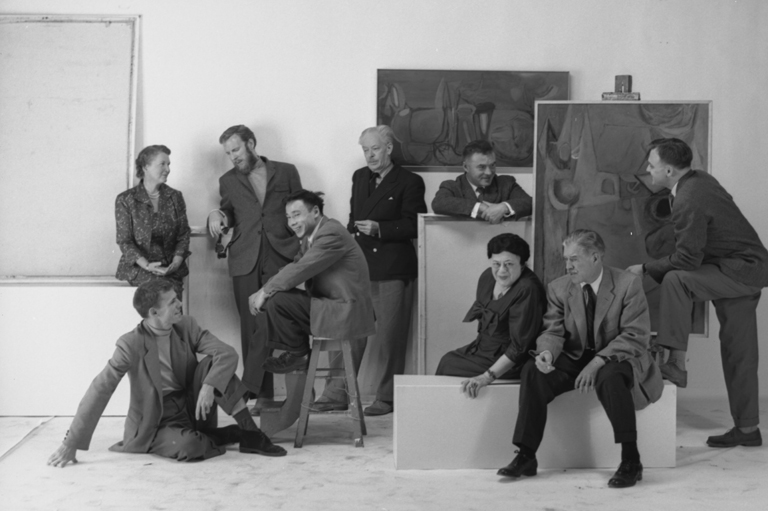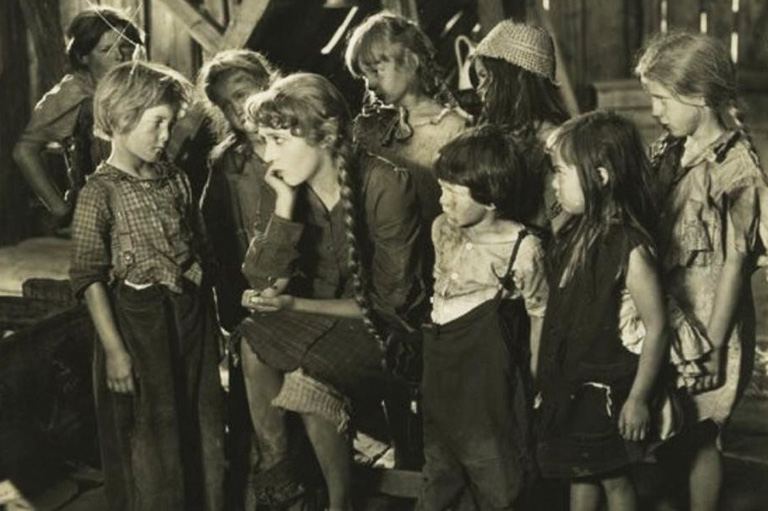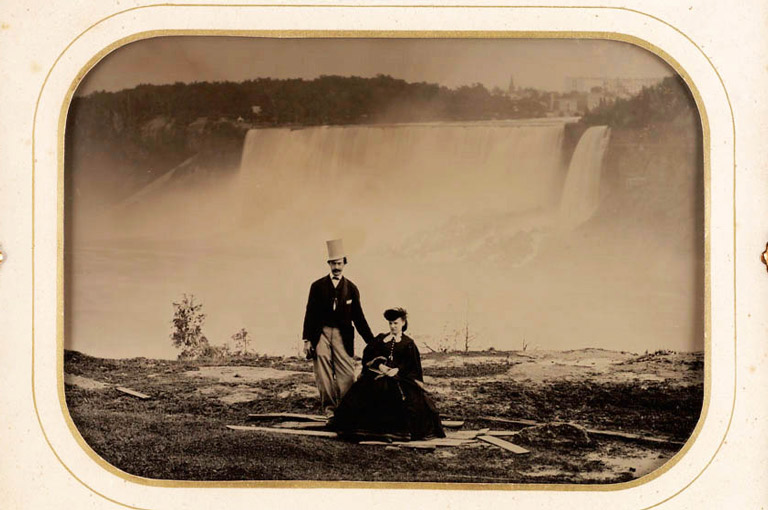Le Gros Bill
I had grown up a fan of Jean Béliveau on the back nine of his career: I was fourteen when the legendary Montreal Canadiens captain retired as a ten-time Stanley Cup-winning player.
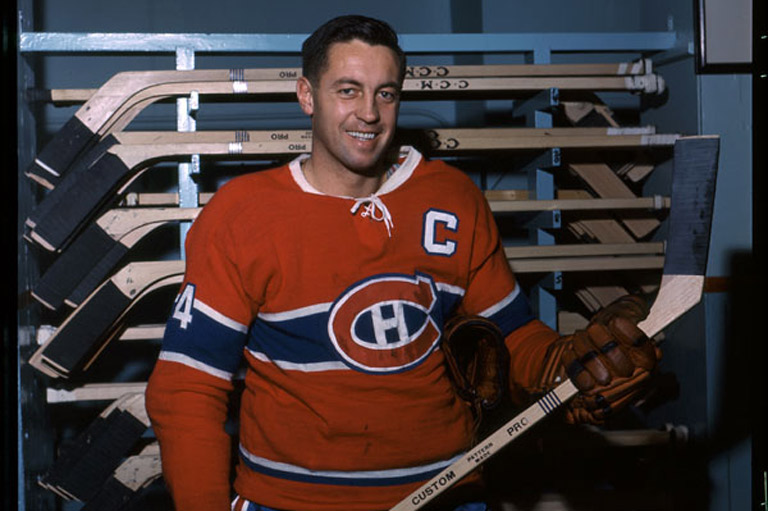
But Mr. Béliveau’s impact and influence on his team, on his country, and on the game of hockey as a whole was felt every day until his passing in December 2014. Today, his spirit remains strong in the Canadiens organization, and he remains in a very large way the conscience of the team.
This fan became a journalist in the late 1970s, and I would see much of this grand gentleman in the time I spent around the Canadiens. In 1999, when his team was suffering through a dismal spell, it occurred to me that the proud Jean Béliveau must be hurting, too. Twenty-eight years after he’d scored the last of his 586 career goals, a half dozen years after he’d retired from a vice-presidency with the team, Le Gros Bill, as he was nicknamed in the 1950s, remained the face many associated with the Canadiens’ greatest team.
What must it be like for him, then sixty-eight, to sit in his familiar seat night after night at the Molson (now Bell) Centre, three rows behind the Canadiens bench, and see the shoulders of the players sag with one loss piled atop the one before it? “Join me,” he said simply when I asked. And so I did on November 11, 1999, for the most memorable night of my professional life.
As I sat beside this hockey icon and boyhood hero, I was aware that he was as graceful and commanding a presence in a finely tailored jacket as he had been in a Le Bleu-Blanc-Rouge jersey. At the spot where his captain’s “C” had been stitched from 1961 to 1971 he wore a Remembrance Day poppy and his Order of Canada lapel pin.
With him were Élise, then his wife of forty-six years, and Magalie Roy, then thirteen, one of their two granddaughters. From the seats you could see Béliveau’s retired No. 4 jersey hanging in the arena rafters, among the banners celebrating the Canadiens’ twenty-four Stanley Cups.
Béliveau was at once a delightful and painful reminder of the days in Montreal when Lord Stanley’s sterling chalice was more than just a rumour.
Twenty-four hours earlier in Pittsburgh, the Canadiens had folded their tent faster than a Boy Scout, blowing a three-goal lead in the final ten minutes to lose 5-4 to the Penguins. They now faced the Anaheim Mighty Ducks with a nine-game winless streak behind them.
“They’re probably hurting more emotionally than physically,” Béliveau said. “Just look at Alain. He’s grey.” He was referring not to coach Alain Vigneault’s hair but to his complexion.
The air behind the bench was both pungent and blue. Béliveau chuckled when, after a waved-off icing call, Vigneault spectacularly berated a francophone linesman in the colourfully profane slang of both of Canada’s official languages.
“You’d have a better view of the ice a few more rows up,” said Béliveau. “But imagine when I bring a father and his son here, someone who couldn’t otherwise afford it, and let his boy see and hear the players this close. It’s a dream for him.”
He watched the action as both a fan and an authority, studying a play as it developed at one end of the rink and predicting with uncanny accuracy how it would finish fifteen seconds later at the other end. Any autograph seeker — and there were many — was politely asked to return at period’s end, lest the admirer block the view of a spectator behind.
We all watched coach Vigneault pace, shout, fidget, and “finally” cheer as the Canadiens battled to a 2-1 win over the Ducks.
At the final siren, Béliveau was standing to applaud the end of a nine-game skid. Vigneault, with a little more colour in his cheeks, sighed his relief.
“There are great hockey fans in this town,” Béliveau said as we headed back to the team’s alumni lounge.
“But do you think,” he added playfully, “that maybe we’ve just spoiled them with all those Stanley Cups?”
With 7 uniquely curated newsletters to choose from, we have something for everyone.
We hope you’ll help us continue to share fascinating stories about Canada’s past by making a donation to Canada’s History Society today.
We highlight our nation’s diverse past by telling stories that illuminate the people, places, and events that unite us as Canadians, and by making those stories accessible to everyone through our free online content.
We are a registered charity that depends on contributions from readers like you to share inspiring and informative stories with students and citizens of all ages — award-winning stories written by Canada’s top historians, authors, journalists, and history enthusiasts.
Any amount helps, or better yet, start a monthly donation today. Your support makes all the difference. Thank you!


